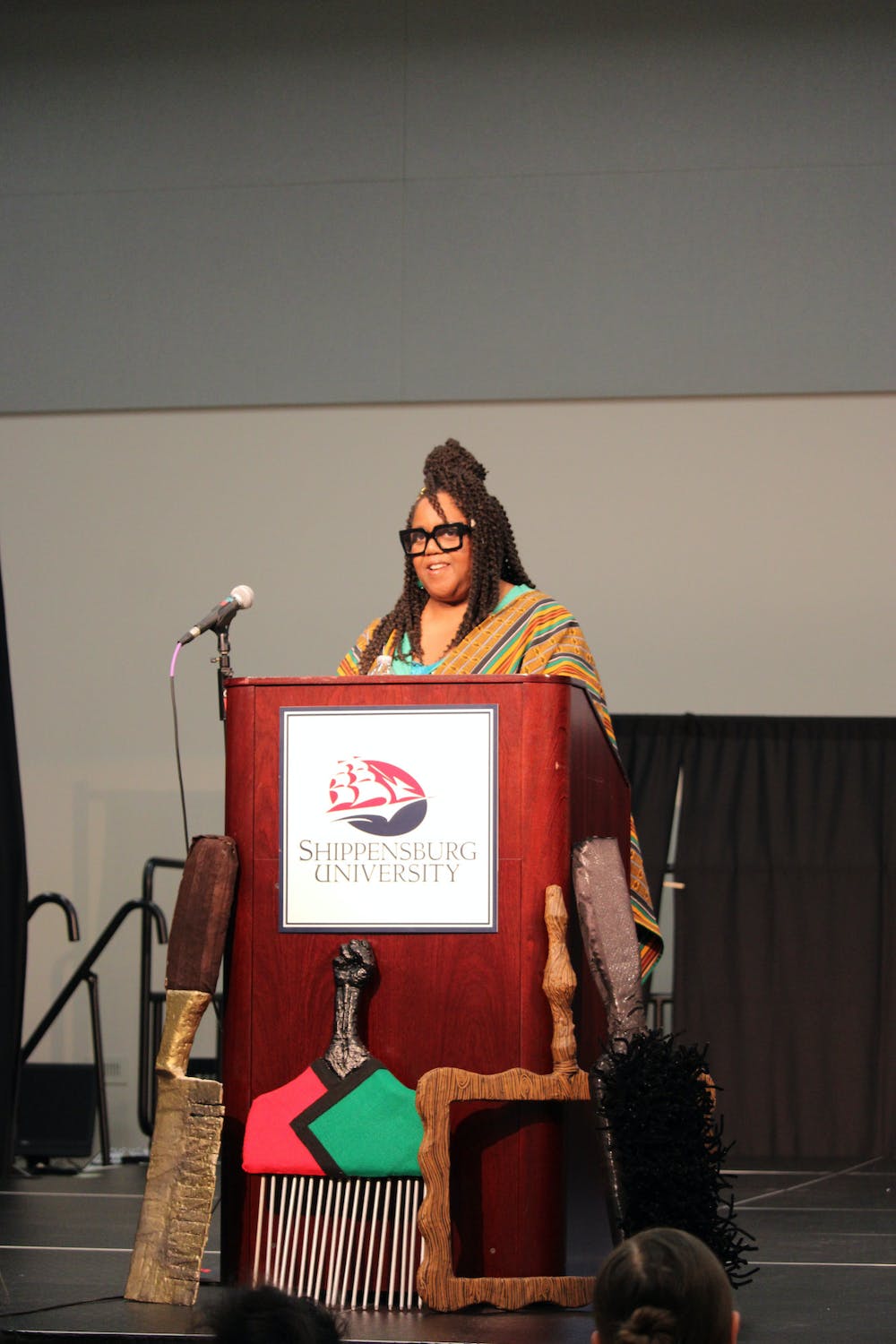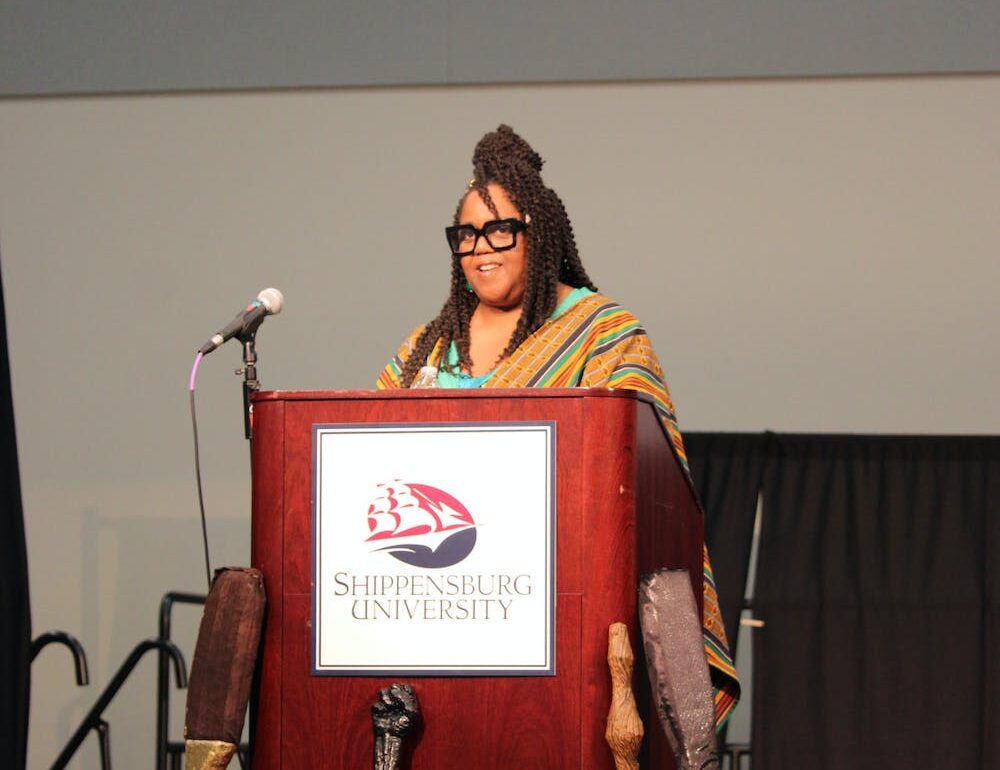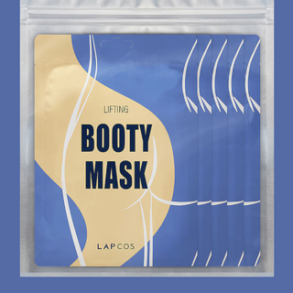
“It’s good to be home,” said Maria James-Thiaw as she welcomed Shippensburg students to the “Black Hair Matters” film and discussion on Wednesday, Sept. 27, in the Ceddia Union Building.
As a Shippensburg University alumna, James-Thiaw shared that it was a blessing to be able to bring her work here and make her alma mater proud. James-Thiaw’s connection both to Shippensburg and her work was evident in the presentation. As one student told James-Thiaw during the discussion, “You can see the passion you have for women of color.”
We were lucky to experience that passion in a pre-recorded excerpt of James-Thiaw’s work. “Hair Story: Reclaiming Our Crown” is a choreopoem written by James-Thiaw about the importance of protecting and celebrating natural hair. James-Thiaw describes a choreopoem as a staged play of several individual poems interwoven to create a story.
In the case of “Hair Story,” the choreopoem began on a promenade in Africa, where we were introduced to the Royal Ancestors, a group of women who act as guides to characters throughout the show. The Royal Ancestors demonstrated the intrinsic importance of hair in African culture. The women were empowered and strong because of their hairstyles.
Then, the story transitioned harshly from celebration to dehumanization. Slave traders stripped the Royal Ancestors of their hair and, thus, their identity. As one character voiced her trauma, the slave traders “tore my culture from my scalp.” The tragedy of this scene was accomplished not only through sadness and grief, but also through anger. The fury of the women as their culture was stolen felt raw and powerful, even viewed through a screen.
The show then explored the internalized insecurity of natural hair carried by people of color in the modern world. All based on real stories James-Thiaw uncovered in interviews, the poems explored many different locations and walks of life, traversing both age and gender. James-Thiaw even included a poem that humorously referred to an afro as “the mighty comb-breaker” based on an interview with her young son.
The main storyline of show, however, followed a reporter named Aleyah who was tasked with a story about black hair. Although herself a woman of color, Aleyah did not appreciate the cultural significance of natural hair. Her character represented the deep internalization of hatred for black hair in modern society. As the excerpt came to end, we were left to wonder whether Aleyah would hear the guidance of the Royal Ancestors and reclaim the power of black hair.
After the show, James-Thiaw drew our attention to the Crown Act, which would end hair texture discrimination in workplaces and schools but has yet to be passed through Pennsylvania legislature. If you would like to support James-Thiaw’s cause of reclaiming natural hair, she urges you to petition your state representatives to pass the act and ensure that no one’s hair is deemed unprofessional, unacceptable or inappropriate
This post was originally published on this site be sure to check out more of their content.









